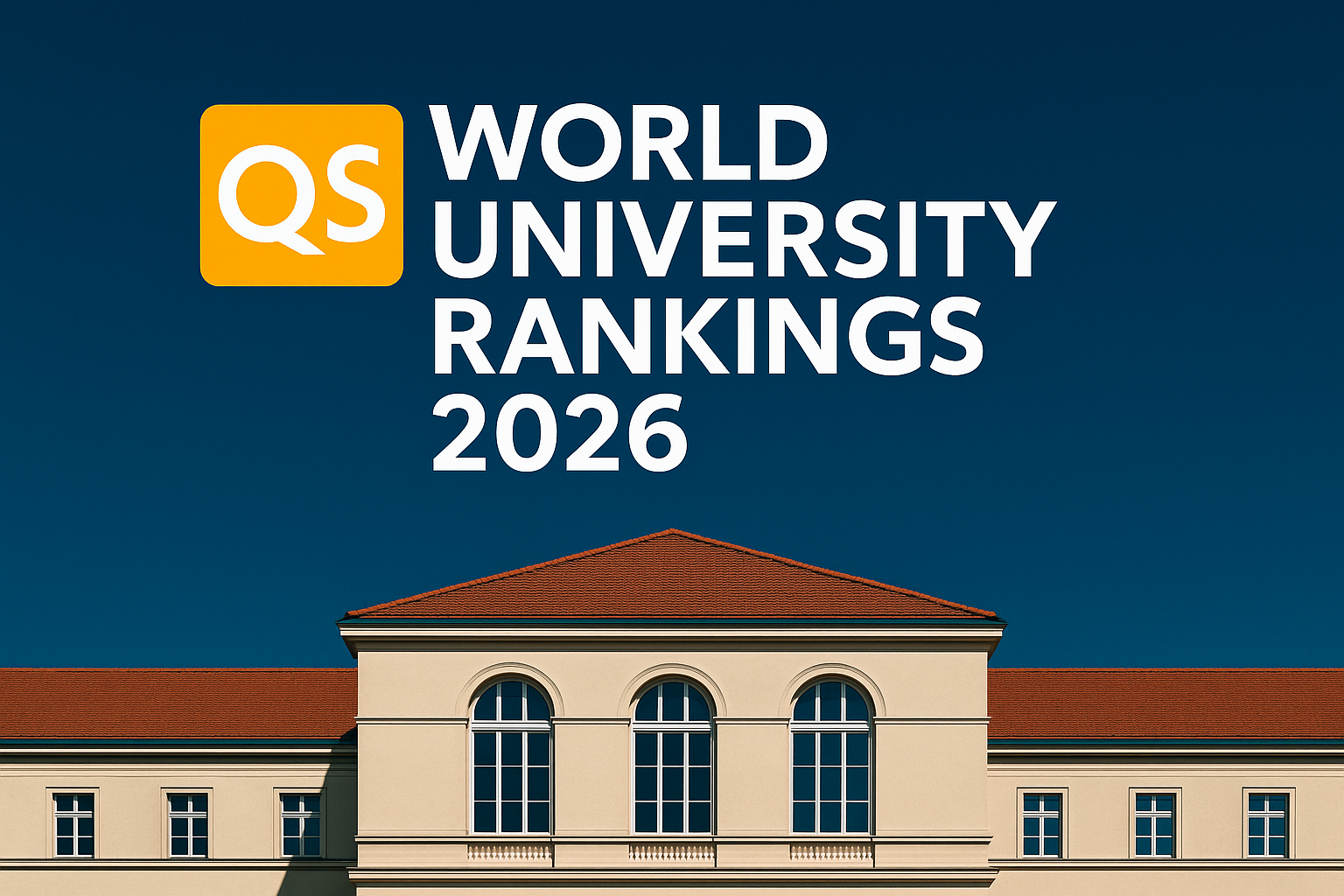India’s academic landscape reached a historic high with 54 institutions securing positions in the QS World University Rankings 2026, marking the country’s strongest representation ever. This development not only reinforces India’s growing influence in global higher education but also signals a shift in academic excellence, research output, and institutional visibility on the world stage.
IIT Delhi Leads the Pack, Surpassing Long-Time Frontrunner IIT Bombay
A notable highlight of the 2026 rankings is IIT Delhi overtaking IIT Bombay as India’s highest-ranked institution. This change reflects evolving academic priorities, research productivity, and international recognition. IIT Delhi’s rise has been attributed to enhanced faculty-student ratios, stronger employer reputation scores, and a surge in high-impact research publications.
This shift also speaks to the dynamic nature of India’s top technical institutes, where innovation and international collaboration are increasingly prioritized.
A Deeper Look: What Propelled India’s Best Year Yet?
India’s record 54 entries are the result of a confluence of factors:
- Policy-Level Reforms: The National Education Policy (NEP) 2020 has started reflecting in institutional performance, particularly in global rankings metrics like research output and international partnerships.
- Improved Research Visibility: Indian institutions have seen a marked increase in peer-reviewed research, with many universities gaining global citations and cross-border collaborations.
- Strategic Institutional Push: Institutes like IITs, IISc, and emerging private universities have invested in infrastructure, faculty development, and international faculty/student exchange programs.
Many analysts credit this upswing to a shift from quantity to quality in Indian higher education.
Emerging Universities Gain Global Attention
Beyond the elite IITs and IISc Bangalore, central and private universities also made headlines. Universities like Delhi University, JNU, OP Jindal Global University, Shiv Nadar University, and Ashoka University found mention for their distinct academic strengths, niche programs, and global partnerships.
Their inclusion showcases the diversification of India’s global academic profile, once dominated solely by technical institutes.
Global Benchmarking and International Competitiveness
Despite improvements, Indian universities still lag in key parameters such as international faculty ratios and foreign student enrollment. However, institutions are actively working on these fronts by:
- Offering more globally oriented curricula
- Participating in international faculty hiring
- Enhancing their digital presence and branding
In particular, QS’s use of employer reputation and academic peer review places emphasis on how institutions are perceived globally. In these domains, Indian institutes showed consistent gains, especially in STEM and legal education disciplines.
Voices from the Sector: What Education Experts Are Saying
Education commentators and QS analysts alike have acknowledged India’s leap. A higher education policy analyst noted:
“India’s 2026 QS performance validates the direction of systemic reforms. It’s a sign that Indian institutions are finally getting the global recognition they deserve.”
QS representatives highlighted India’s rapid growth trajectory and called it “one of the fastest-improving higher education ecosystems in the world.”
The Road Ahead: Challenges and Opportunities
Despite the celebration, India must navigate several challenges to sustain this momentum:
- Bridging the global faculty gap
- Incentivizing cross-border student mobility
- Upgrading quality across Tier 2 and Tier 3 institutions
- Avoiding over-centralization of excellence in a few metro cities
For India to continue its climb in the global academic space, the emphasis must remain on sustainable, inclusive, and innovation-driven models of growth.
FAQs
What is the QS World University Rankings 2026?
It is a global ranking of universities based on academic reputation, employer reputation, research output, faculty/student ratio, and internationalization. The 2026 edition featured over 1,500 institutions.
How many Indian institutions are featured this year?
India has 54 institutions featured in the 2026 rankings, the highest ever, reflecting major academic and research improvements.
Which is the top-ranked Indian university in QS 2026?
IIT Delhi emerged as the highest-ranked Indian institution, overtaking IIT Bombay for the first time.
What helped India improve its rankings this year?
Key factors include increased research publications, NEP 2020 reforms, better international collaborations, and a focus on quality education and global benchmarking.
Do private universities feature in the list?
Yes, private institutions like Ashoka University, OP Jindal Global University, and Shiv Nadar University are recognized for their global partnerships and niche academic excellence.

